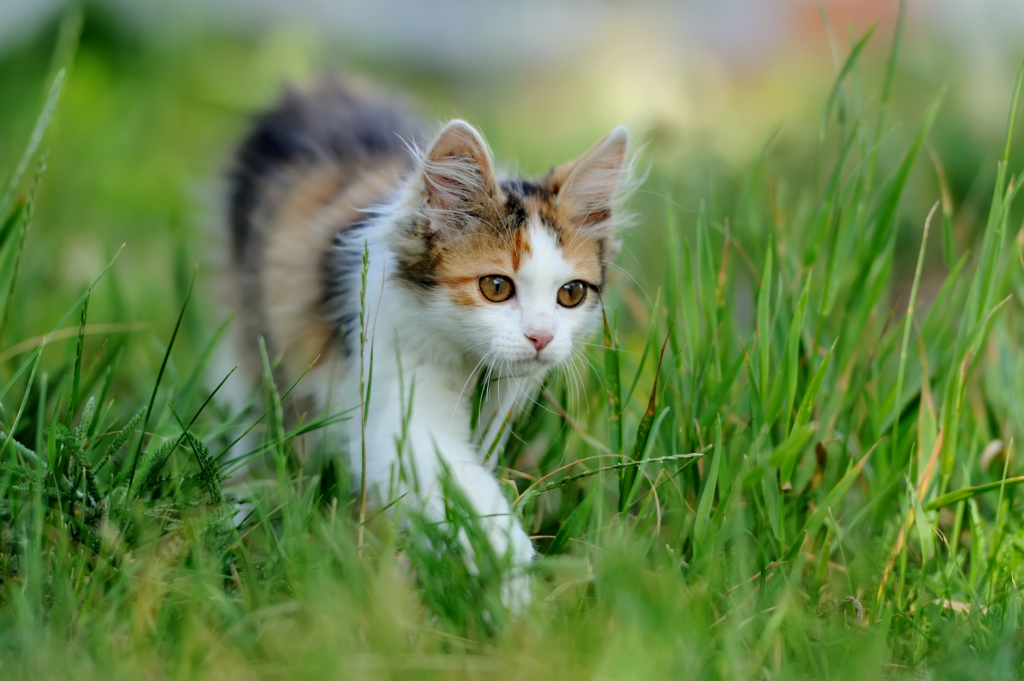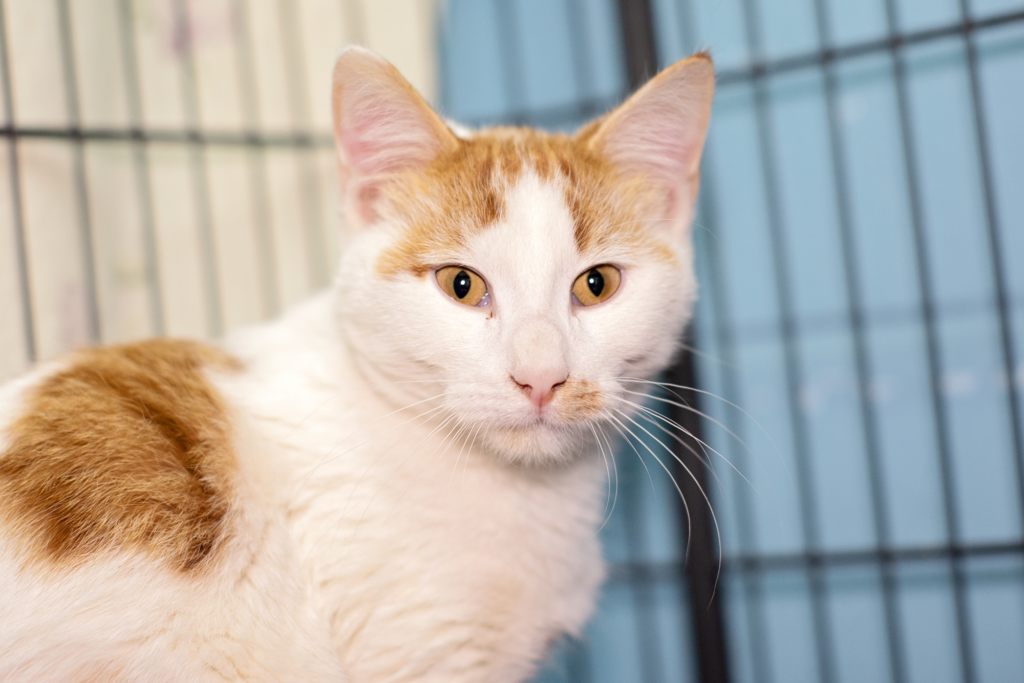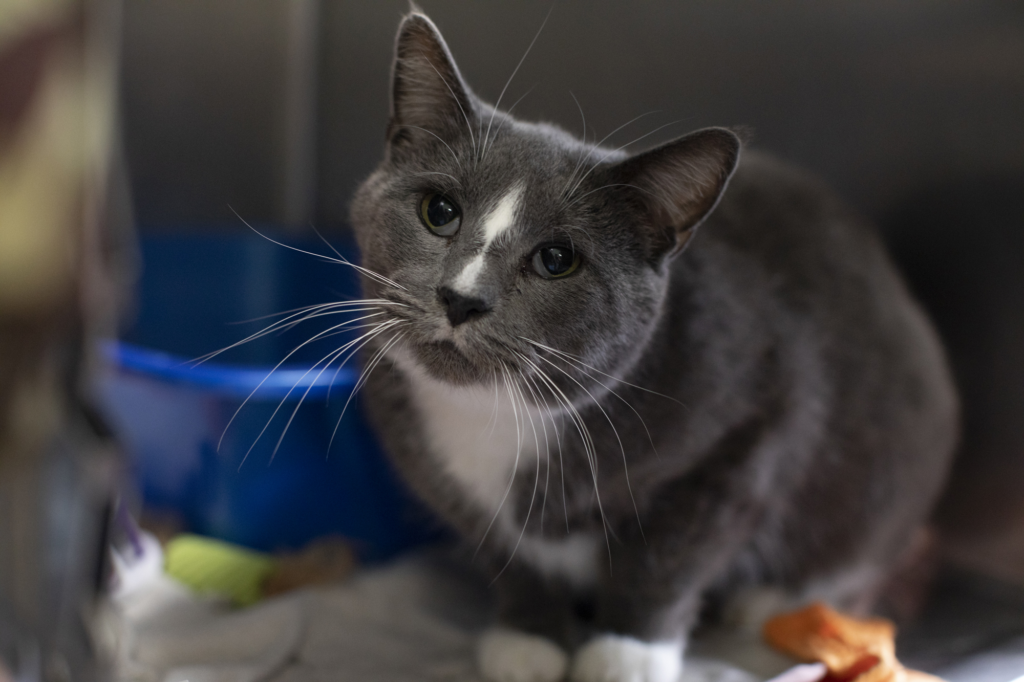Adopt a Barn Cat
Hoping to adopt a healthy, sterilized, vaccinated and microchipped barn cat? We can help. A barn cat can provide several benefits to a farm or rural property, including helping to control rodent populations. These cats are considered low-maintenance pets, requiring minimal attention and care; however, these special kitties do need access to a reliable shelter, daily food and water and must be with a buddy (or two)*.
Cat temperaments range from feral to friendly. These are working cats who are accustomed to outdoor life. They prefer minimal to no human contact, and will happily tend to any mouse, mole, chipmunk or vermin problems for the small cost of a bowl of cat food and fresh water. They will also need the commitment to provide them with as needed veterinary care as well as shelter in a garage or barn.
*ECCHA requires all barn cats to be adopted in pairs or requires another cat on the property they can bond with.
Fill out the application below to apply for a barn cat.

Benefits of Adopting a Barn Cat
- Expert mousers
- Require only a warm outdoor space (like a barn or pole shed) and daily food/water.
- Microchipped, vaccinated and altered
- Affordable adoption fees of only $15 for one cat, or $25 for two
ECCHA Barn Cat Application
FAQs
Contact Us
Whether you’re looking to adopt, volunteer or simply want to chat about your love for animals, we’re all ears (and paws). Contact us today!




